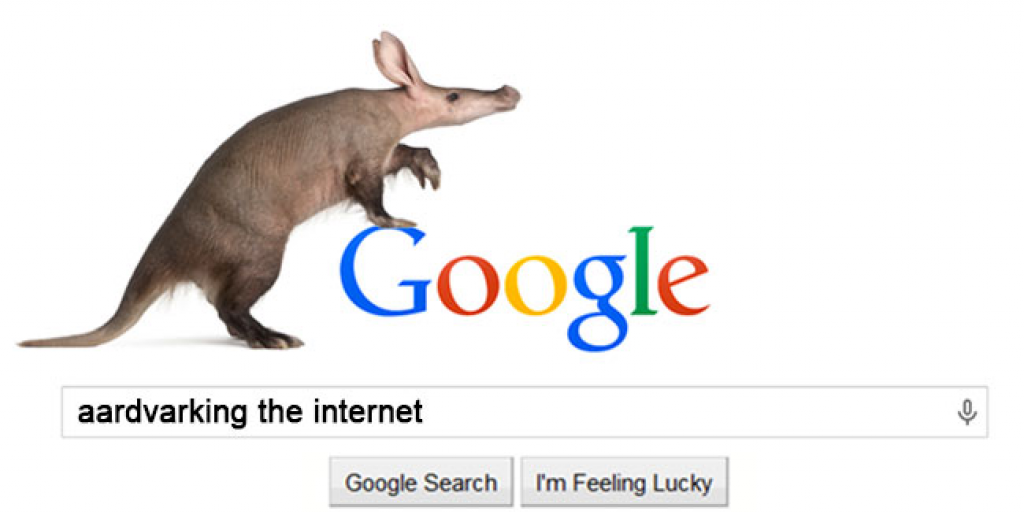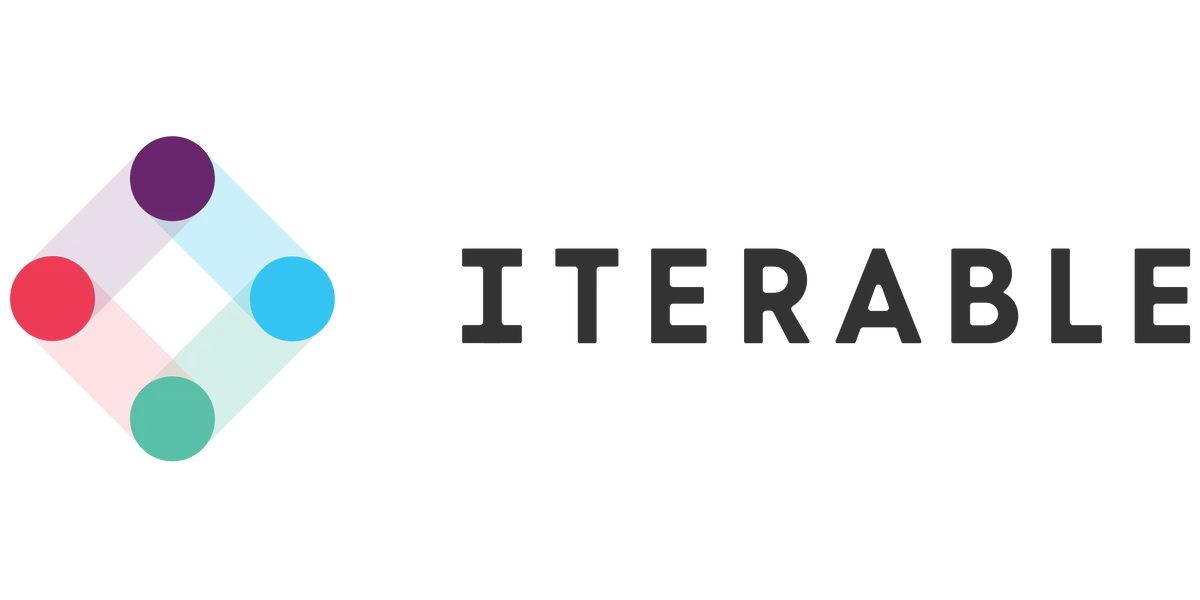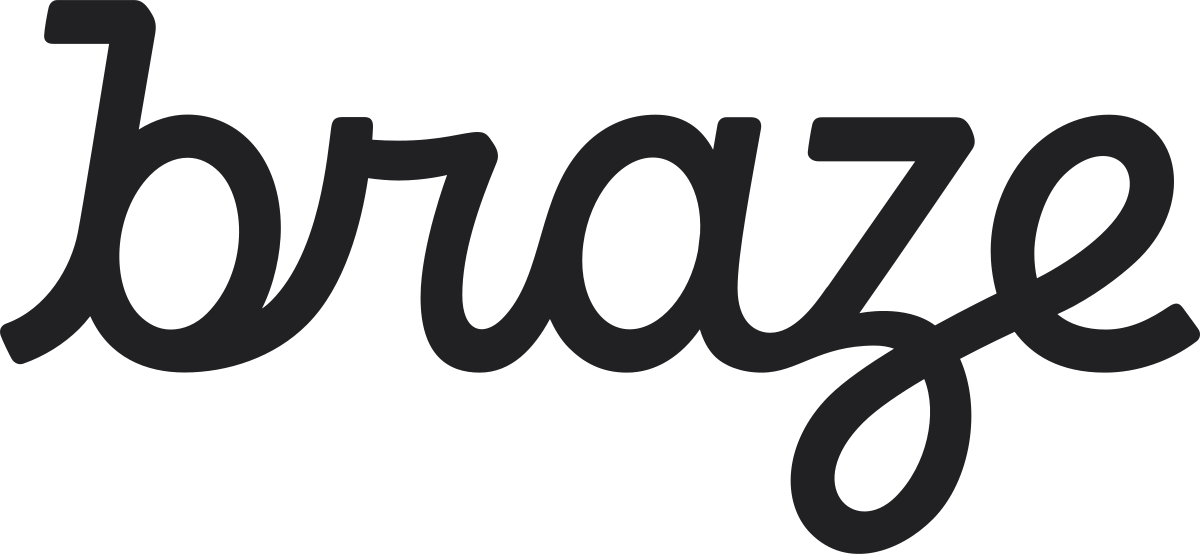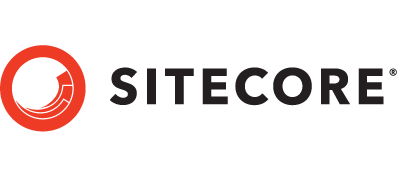Talking to my ten-year-old son last week, the subject of phone books came up and I made a dad joke about AAA Aardvarks.
Of course it went completely over his head, not least because he had no idea what a phone book was.
When I explained how we used to find telephone numbers of people or businesses before the Internet, he asked why didn’t we just Google them?
Essentially the Aardvark theory says people are lazy. In the days of the Yellow Pages, it relied on people calling the first number they see under the listing they need. And this approach probably worked for some businesses to some extent.
It started out simply enough with business names like Aardvark Plumbing. But then competitors caught on, and so the Aardvark Wars began.
Before long, adding just one A prior to the business name was not enough and before you knew it there was the inevitable AAAAAA Aardvark Plumbing listed in the Yellow Pages.
What does this prove? It proves there are always people who are willing to try and game the system. So back to my son’s lesson. After a quick Google search, we found the Yellow Pages and to my surprise they still have several hundred listings of Aardvark businesses, prefixed with multiple As.
My favourite one is shown below: these two businesses are competitors and aren’t even 30 minutes drive apart!

However, I’m yet to meet anyone that has bought anything from an Aardvark of any description. Despite their best efforts, the Aardvark theory is essentially a fail.
But why does it fail? Primarily because most people aren’t quite as lazy as Aardvark theory demands. It’s naive to think that purchasing decisions rest solely with convenience.
The majority of people are more discerning. Decisions are made based on reputation or a sense of quality. Ultimately brand is about trust and authenticity, not short cuts. Would you trust AAAAAAAAAAAAAAAAAA Aardvark Removals and Storage to move your furniture?
Notwithstanding over 3,000,000+ listings in Google for businesses called aardvark, have we matured at all in our approach to marketing?
Well yes and no. The Yellow Pages may no longer hold any relevance, but its newer and far more sophisticated cousin Google certainly does. And Google has it’s own version of aardvark theory, namely the practice of trying to game or manipulate search rankings based on anything but actual popularity or size.
So how is Google being aardvarked?
There are many ways to try and circumvent Google’s algorithm, but the best approach is to ensure your website is the most relevant match to particular searches.
The easiest advantage you can get is to name your website domain with variations of location, name, service, product or category relevant to your business all combined together.
For instance adding your physical location to a brand name to influence regional search results. Think of http://eliteremovalssydney.com.au (keywords Sydney removalists or https://sydneylighthouse.com.au (keyword: lights Sydney) or even any category, www.mydarlinghurstplumber.com.au (keywords: Darlinghurst plumber).
All these small businesses rank much higher in Google, than they otherwise would, simply by understanding the system. It’s aardvark for the 21st century, and unlike the days of print, it actually works.
It works because Google is all about rewarding relevance. If you have keywords in your domain name that people have in their search, you’ll get a healthy bump. But you can’t just scam it. Google will look at the address in your website and match it to Google Business Places, other social media profiles or even what’s been written up in the local press about you.
And it is important because research shows that the top listing in Google's organic search results receives 33% of the traffic, compared to 18% for the second position, and it’s only downhill from there.
So if you’re not near the top - you basically won’t exist. With major corporations spending millions of dollars a year on smart SEO tactics, digital aardvarking is a great way for smaller enterprises to stay in the game.
If you want to deploy this strategy, our tip is to look at the search volumes for both your location and service or product before you name your domain. You need to make sure there are enough searches for your terms in your area ie Rose bay versus Eastern suburbs or plumber versus plumbing.
But the bigger truth is that whilst search rankings are important, even critical to the long-term success of any operation, they should represent just one of many elements of your marketing strategy.
You may be top of the search pile, but if your customers have a poor experience when they do click through, you may as well have not bothered.
Smart digital marketing is about more than just a short term strategy. Even the smallest of businesses need to consider every element on the path to purchase. Just as Aardvark removals are doomed to fail if they can’t deliver, naming your company after your suburb, service or product will only work if you’ve invested time, effort and money into a great brand experience from search to purchase and beyond.


















